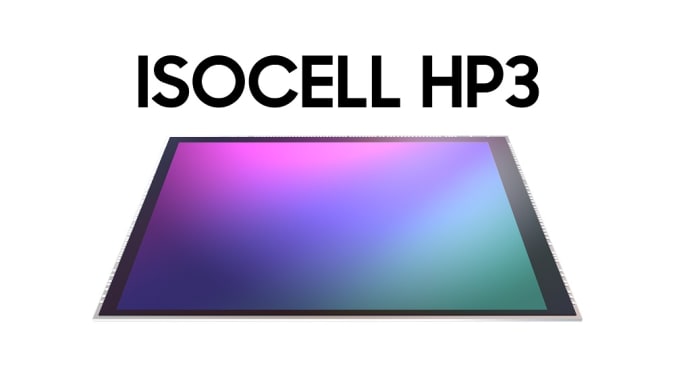[ad_1]
Samsung Electronics has unveiled its latest 200-megapixel camera sensor with some of the tiniest pixels yet, which it says will allow manufacturers to keep their premium smartphones slim. At the same time, the HP3 sensor packs technology like autofocus capability in every pixel, binning for better low light capability and multi-gain ISO for maximum dynamic range.
The sensor is 1/1.4-inches in size, fairly large for a smartphone but extremely tiny for a 200-megapixel sensor. Samsung claims that it has the industry’s smallest pixels at 0.56 microns, 20 percent smaller than the 0.64 micron pixels of the ISOCELL HP1 launched last year. However, that’s not quite accurate, as Chinese manufacturer Omnivision unveiled a 200-megapixel sensor with the same 0.56 micron pixel size back in February.

Samsung
Still, Samsung’s sensor has some nice tech tricks. Each pixel has autofocus detection capability and the “Super QPD” tech uses a single lens over four pixels that allows for quicker and more accurate autofocus. It can also bin four 0.56 micron pixels into a larger 1.12 micron 50-megapixel sensor for better low light capability, or even combine 16 pixels into one 2.24 microns in size. That’s still considerably smaller than most camera sensor pixels (Sony’s 61-megapixel full-frame A7R IV sensor has 3.76 micron pixels), but should allow for decent low-light shooting capability.
In addition to high-res photos, it allows for 8K video at 30fps and 4K at 120fps, while using nearly the full sensor width. Finally, it offers 14-bit color depth (4 trillion colors), quadrupling the 12-bit depth of most smartphone sensors. Mass production is set to begin this year, and you’ll probably see 200-megapixel phones using the sensor in 2023.
All recommended products by Engadget are selected by our editorial team, independent of our parent company. Some of our stories include affiliate links. If you buy something through one of these links, we may earn an affiliate commission.
[ad_2]
Source link
